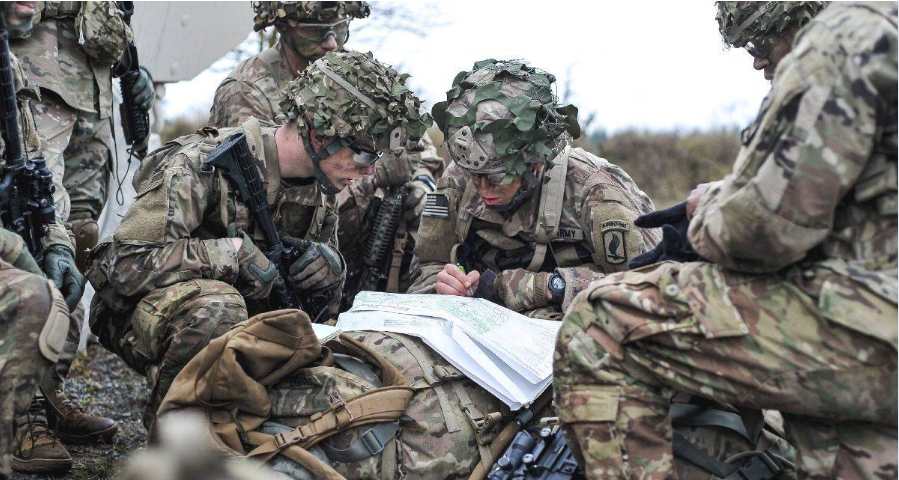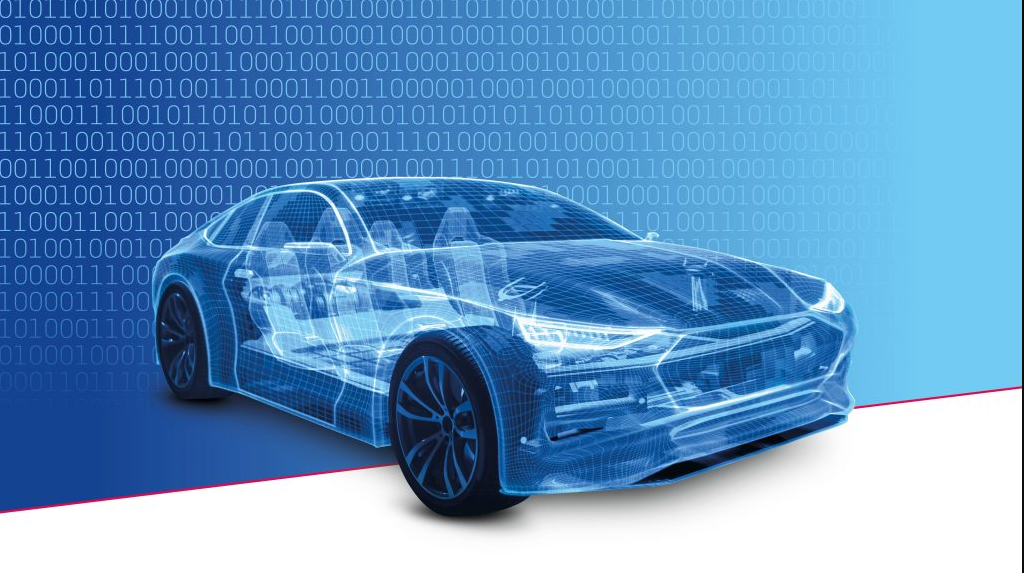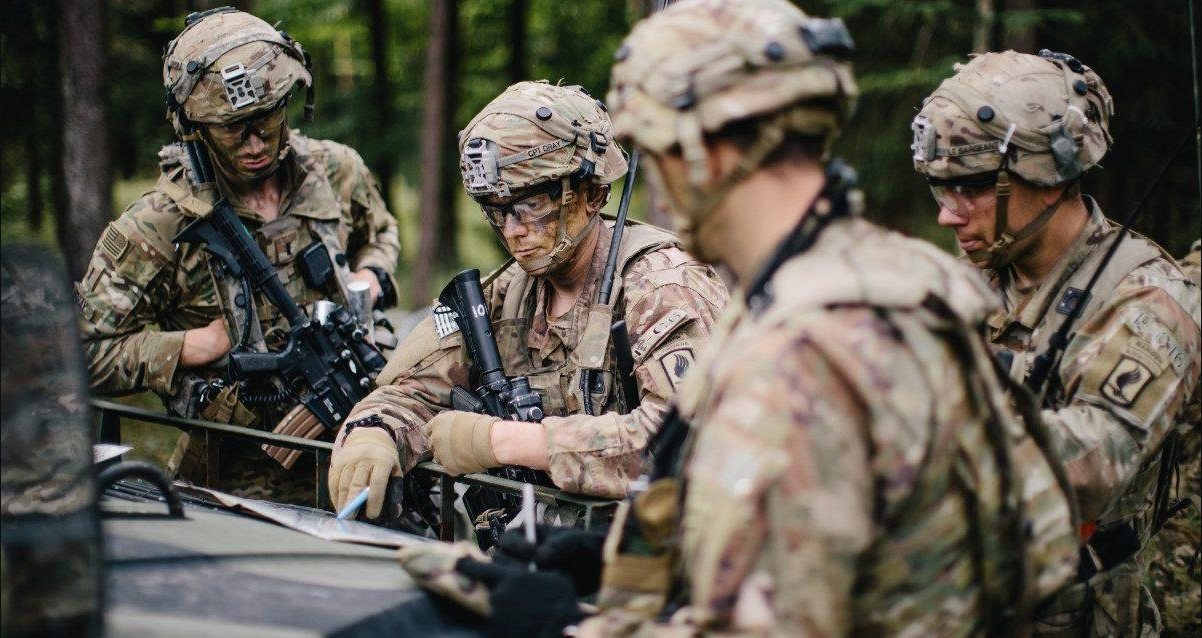The Role of Military Leadership in Modern Combat: Strategies for Success on the Battlefield
Military leadership is of decisive importance in determining the outcome, whether successful or unsuccessful, on this battlefield with ever-changing configuration of modern warfare. With development in technology and the increasing complexity of combat, the demands placed on military leaders has grown exponentially. In this context, effective leadership presupposes the possession of both traditional skills – such as strategic thinking and decision-making-but also the capacity to react quickly in rapidly changing situations and to utilize new technologies. This article discusses key strategies that military leaders must use for success in contemporary combat environments to be assured.
Strategic Vision & Decision-Making
At the heart of military leadership is the ability to craft a strategic vision and then bring it into effect. A leader must have an intimate understanding of the overall goals of his mission,to transform these into clearcut plans. With the diplomatic problem of modern warfare the leader should be not simply military tactics but also knowledgeable about politics,economy and society around him In addition, effective decision- making is another key factor in successful leadership of a military operation. In the heat of battle, leaders frequently find themselves faced with choices that must be made vitally – and quickly The ability for shot assessment, fast decision now, also brink of consciousness at all times closely spaced lines, all distinguish effective leaders from mediocrity. This decision-making process is increasingly supported by technology, with real- time data and intelligence giving leaders the necessary information to make informed decisions.
Adaptability in a Dynamic Environment
With modern warfare, comes a shifting and unpredictable battlefield. The battlefield is now more of a dynamic environment, and it is forever toppling and reshaping itself as new challenges arise as well as changes in situation. Military commanders need to be fully adaptable, switching strategies and tactics at a moment’s notice when necessary Flexibility in leadership is crucial if one is to meet the challenges that modern warfare presents.
One consequence of this flexibility is the fact that it is necessary to integrate new types of technology into military operations. UAVs, cyber war tools and sophisticated surveillance systems are just a few examples of the kind toys modern warfare has given us Leaders are not only expected to be able to operate these new technologies, but also to know how they should fit into a larger package that includes operations and eventually policy. This calls for a flexible attitude and willingness to learn, as well as the ability to lead and manage teams with high levels of technology.
Building and Maintaining Cohesion
In the mêlée of battle, maintaining unit cohesion is essential to success. Military leaders must create a shared sense of purpose and solidarity among their troops in order that each individual member understands his or her role and is committed to the mission. They do this through m clear channels of communication, mutual trust reinforced by excellent leadership.
Leaders must be adept at morale management among their troops: Combat is a grueling and psychologically exhausting business and long engagements sap strength from soldiers. What makes a good leader is someone who can inspire inspiring their troops even in adversity. They must provide guidance or comfort for team members under pressure, so that all can stay clear-headed and resilient under the stress of battle.
The Ethics of Leadership
In the complex environment of present-day combat, when distinctions between soldier and civilian often blur, ethical leadership has never been more important. Army commanders must see that their soldiers follow the laws of war and behaved in an honest fashion. This is often a painful process, requiring choices which on the one hand further military objectives but on the other also have grave ethical implications.
Leaders who consider the ethical side of things with care uphold the moral high ground, and this is all important not only in the battles they are actually fighting but also for international relations throughout. Compliance with such standards breeds trust and respect.Stakeholders entering into long-term arrangements, both within and without the various power structures, must be able to sense that what they’re looking at for now is something which goes on traditionally. This feeling is essential for sustainability in the sense we use the word here.
Conclusion
The military leadership required in the contemporary combat zone demands a unique blend of skills, from strategic vision and decision-making to adaptability and ethical integrity. As the forms of warfare continue to change, so too modify those who lead soldiers. By adopting these measures, military leaders can cope with the morass of modern combat and carry their troops to success. In an age of higher stakes for everyone involved, military leadership has a critical role in shaping conflict outcomes and guaranteeing the peace and security of whole nations.










